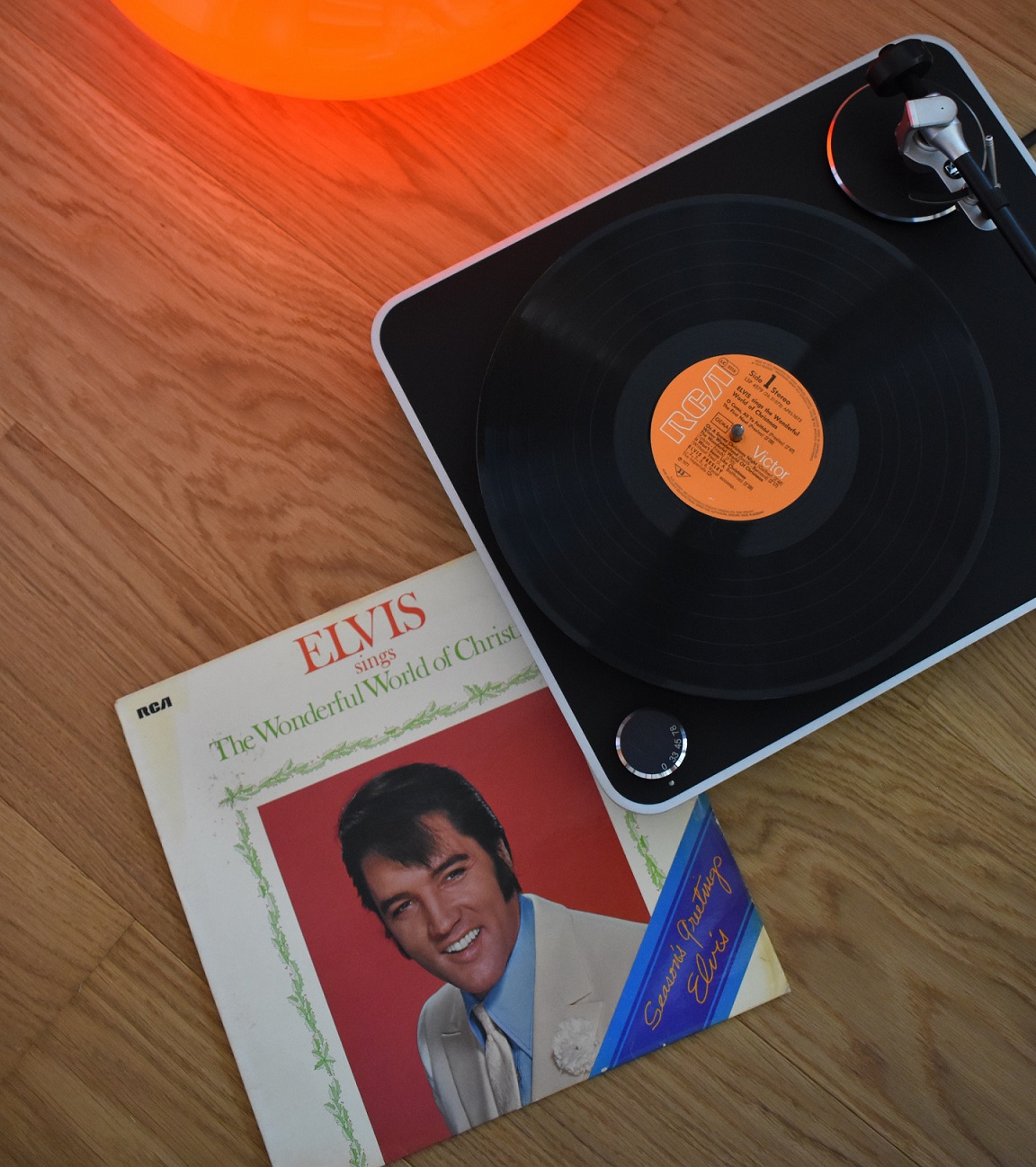Memphis, Tennessee is known for its rich musical heritage and vibrant culture. It is home to some of the most legendary musicians and record labels that have left a lasting impact on the music industry. From blues to rock and roll, soul to gospel, the city’s diverse musical landscape has inspired and influenced countless artists around the world. At the center of this musical legacy is the Memphis Sound, a distinct style of music that embodies the soulful heartbeat of the city.
The Memphis Sound is characterized by its unique blend of blues, R&B, and gospel, fused together to create a sound that is both raw and polished. It emerged in the 1950s and 1960s, a time when the city was experiencing a cultural revolution. The racial segregation that had plagued the city for decades was slowly breaking down, and a new generation of musicians, both black and white, were coming together to create a new sound that would change the course of music history.
One of the most significant figures in the development of the Memphis Sound was Sam Phillips, the founder of Sun Records. Phillips was a visionary producer who recognized the potential of the city’s musicians and helped launch the careers of some of the most iconic artists of the time, including Elvis Presley, Johnny Cash, and Jerry Lee Lewis. He was known for his unorthodox recording techniques, which included recording artists in a small, cramped studio with primitive equipment. This approach captured the raw energy and emotion of the musicians, giving their music a distinctive sound that was unlike anything else being produced at the time.
The Memphis Sound was also shaped by the city’s thriving gospel scene. The city was home to some of the most renowned gospel groups of the time, including the Soul Stirrers and the Five Blind Boys of Mississippi. These groups incorporated elements of blues and R&B into their music, creating a sound that was both spiritual and soulful. This influence can be heard in the music of artists like Otis Redding, who got his start singing in church before becoming one of the most influential soul singers of all time.
Another key figure in the development of the Memphis Sound was Stax Records. Founded in 1957 by Jim Stewart and Estelle Axton, Stax was a small record label that would go on to become one of the most influential in the history of soul music. The label was home to artists like Otis Redding, Isaac Hayes, and the Staple Singers, who helped define the sound of the 1960s and 1970s. Stax’s house band, Booker T. & the M.G.’s, were also instrumental in shaping the sound of the label. The band’s instrumental hits, like “Green Onions” and “Time is Tight,” were instrumental in popularizing the Memphis Sound and helped establish Stax as a force to be reckoned with in the music industry.
The Memphis Sound had a profound impact on the music industry, influencing countless artists in the decades that followed. The Rolling Stones, for example, were heavily influenced by the music of Memphis, recording some of their most iconic songs at Stax’s studios. The influence of the Memphis Sound can also be heard in the music of contemporary artists like Justin Timberlake, who was born and raised in Memphis and has cited the city’s musical heritage as a major influence on his career.
In addition to its musical legacy, the Memphis Sound is also a reflection of the city’s cultural heritage. The city has a rich history that is deeply intertwined with the music that has been produced there. From the blues clubs on Beale Street to the iconic studios of Sun and Stax, the city’s musical landmarks are a testament to the enduring power of the Memphis Sound. The city’s rich musical culture is celebrated each year at events like the Memphis Music and Heritage Festival, which brings together musicians and music lovers from around the world to celebrate the city’s rich musical legacy.
But the Memphis Sound is more than just a nostalgic tribute to the past. It continues to thrive and evolve, with new artists and musicians carrying on the traditions established by their predecessors. Today, the city’s music scene is as vibrant as ever, with a diverse range of artists and genres represented.
One of the most exciting new voices in the Memphis music scene is the rapper and singer, Kameron Whalum, who is known for his soulful, socially conscious music. Whalum is a member of the Memphis-based collective, The Composers, which is comprised of a diverse group of musicians and artists who are committed to keeping the legacy of the Memphis Sound alive.
Another rising star in the Memphis music scene is the singer and songwriter, Julien Baker. Baker’s music is deeply personal and introspective, but it also draws on the rich musical heritage of the city, blending elements of folk, rock, and gospel into her unique sound.
The Memphis Sound has also inspired a new generation of musicians outside of the city, who are drawn to the raw, authentic energy of the music. One of these artists is Brittany Howard, the lead singer of the Alabama Shakes, who has cited the music of Memphis as a major influence on her own music.
The enduring legacy of the Memphis Sound is a testament to the power of music to transcend boundaries and bring people together. It is a reflection of the city’s rich cultural heritage, and a testament to the resilience and creativity of its people. From the small, cramped studios of Sun Records to the larger-than-life performances of Otis Redding and Isaac Hayes, the Memphis Sound has left an indelible mark on the music industry and the world at large. It is a sound that embodies the soulful heartbeat of Memphis, and a legacy that will continue to inspire and influence musicians for generations to come.

